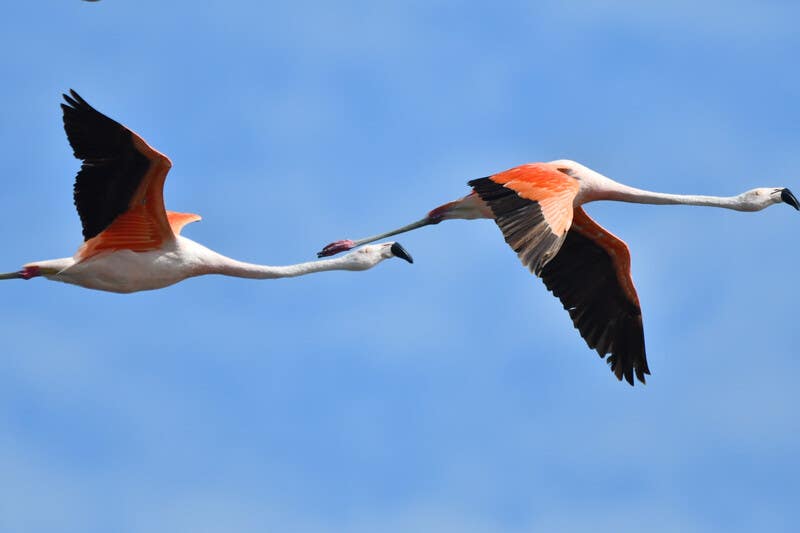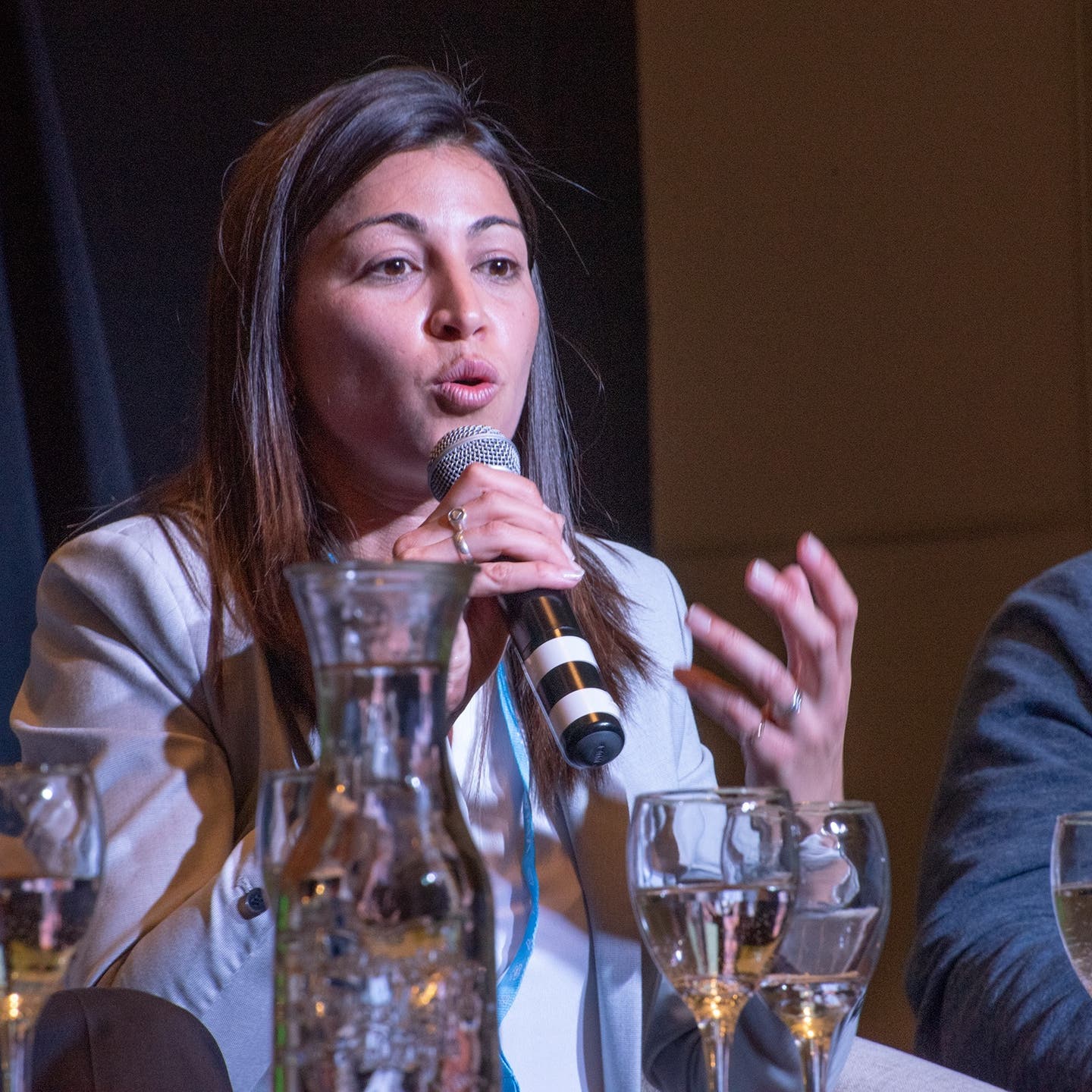Speaking about protected areas can be a way of changing realities in territories. It changes people’s lives. It changes nature. It changes everything.
“I think I was born to be a biologist.”
On the southern shore of Mar Chiquita Lake in Córdoba, Argentina, there is a community called Miramar. Lucila Castro was raised in the cradle of this small town, playing hide-and-seek in the forest with her friends and camping outside, close to the lake that she would eventually work as an adult to protect. When Lucila describes herself as a child, she says that she was “super wild” and it is clear from the stories she tells that the wild has always stayed with her. Her family and friends call her ‘Lula.’ She became a biologist, she says, because of where she grew up.
“I love nature. Even in my worst times, I know that what I’m doing is because I love nature,” Lucila says, “I know I can do something, at least in my area or in my country, to change a little bit about the reality that we are faced with.”
Lucila is the Argentina Director of Natura International, an NGO committed to the conservation of natural ecosystems through the creation of protected areas. A key part of Natura International’s strategy is to work closely with local people and governments, which has a particular significance for Lucila in the story of the creation of Ansenuza National Park. Because Mar Chiquita Lake is inside the park.
“Speaking about protected areas can be a way of changing realities in territories,” Lucila says, “It changes people’s lives. It changes nature. It changes everything.”
Ansenuza National Park
Success in conservation is more like a marathon than a sprint; it does not often happen quickly, and there are often twists and turns along the way. It is teamwork and partnership that makes it possible. As part of the Natura International team and a Re:wild Associate, Lucila helped turn Ansenuza National Park into a reality, alongside local communities, the Provincial Government of Córdoba, the Administration of National Parks, the Ministry of Environment of Argentina, Aves Argentinas and the Wyss Foundation.
The formal designation of Ansenuza, a new 1.6 million acre national park and reserve in Córdoba province, will protect Mar Chiquita Lake and the Rio Dulce wetlands (a Key Biodiversity Area and wild lands of global importance) into perpetuity, preserving and sustaining thousands of wild lives and an extraordinary abundance of water birds for generations to come.
“Speaking about protected areas can be a way of changing realities in territories,” Lucila says, “It changes people’s lives. It changes nature. It changes everything.”
Success in conservation is more like a marathon than a sprint; it does not often happen quickly, and there are often twists and turns along the way. It is teamwork and partnership that makes it possible. As part of the Natura International team and a Re:wild Associate, Lucila helped turn Ansenuza National Park into a reality, alongside local communities, the Provincial Government of Córdoba, the Administration of National Parks, the Ministry of Environment of Argentina, Aves Argentinas and the Wyss Foundation.
The formal designation of Ansenuza, a new 1.6 million acre national park and reserve in Córdoba province, will protect Mar Chiquita Lake and the Rio Dulce wetlands (a Key Biodiversity Area and wild lands of global importance) into perpetuity, preserving and sustaining thousands of wild lives and an extraordinary abundance of water birds for generations to come.
For Lucila, who remembers watching the deforestation around Mar Chiquita in real-time as a young girl, this triumph is both personal and emotional. When Lucila was invited to defend the Ansenuza project in the Argentinian National Congress, her mother and father drove 10 hours from Miramar to be there with her.
“I am who I am because of my mom and dad,” Lucila says. When the forest around Mar Chiquita started to disappear, Lucila’s father drew her attention to it.
“Lula,” he said, “this has happened here.”
When her father passed away in 2021, Lucila poured her grief and her love for him into her work. A year later, in the summer of 2022, Ansenuza National Park was signed into federal law in Argentina.

